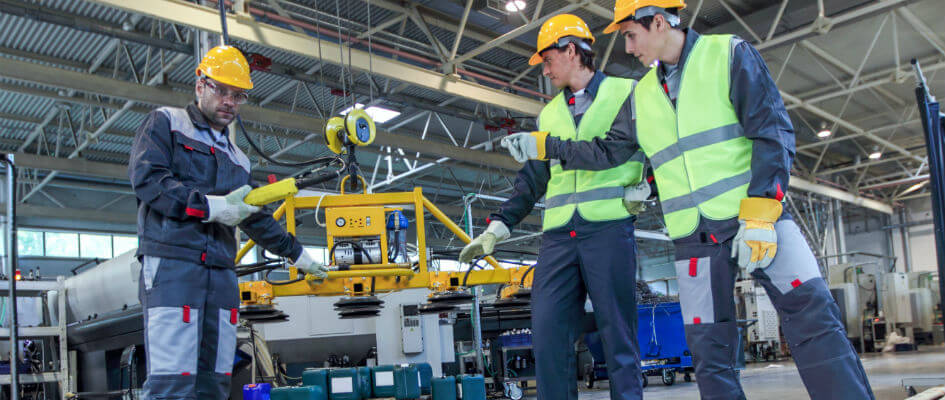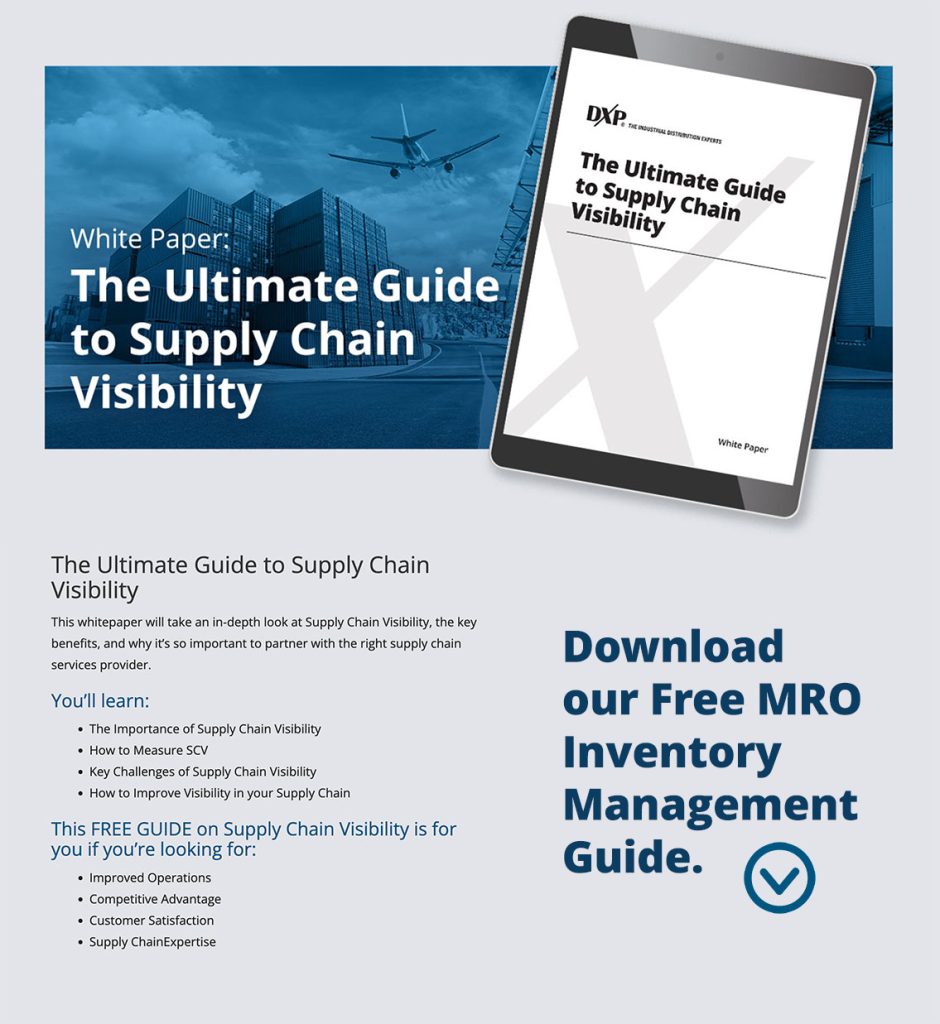
Manufacturing Industry Safety Tips to Enhance Your Employees’ Work Environment
Are you paying close enough attention to your employees’ safety? The work environment in manufacturing companies comes with plenty of hazards. These hazards can result in employee injury leading to potential fines and other financial and legal issues. However, you can prevent these issues by implementing safety measures in the manufacturing industry.
Why Safety Matters in Manufacturing Facilities
To people outside the industry, manufacturing can sound inherently dangerous. Powerful machines, big vehicles moving around, toxic and flammable substances, and other hazards are all typical hazards present at many manufacturing sites.
The manufacturing industry ranks at the top for workplace accidents. Statistics indicate an average of 2.3 million employees worldwide experience job-related injuries each year. To help prevent accidents and injuries, manufacturing companies need to be proactive about their employees’ health and safety.
The truth is that a mix of regulatory oversight and powerful management incentives have worked to make manufacturing a remarkably safe sector of the economy.
Of course, that doesn’t mean many manufacturers can’t be doing more to improve their safety culture and standards. Getting too comfortable with an old way of operating, or not changing procedures as equipment or standards evolve, can leave hidden problems unresolved.

7 Safety Tips for Manufacturing Plants
Making a manufacturing operation safe takes a multichannel approach. Safety in the manufacturing industry begins with a business’s shared values and culture and ends with a nuts-and-bolts analysis of the hazards presented in each process on a site. Here are a few safety ideas for manufacturing plants.
1. Build a Positive Safety Culture
As you are browsing through manufacturing safety tips, one may constantly appear. Your workplace culture plays a large role in employee safety. If management doesn’t promote workplace safety, it’s hard to get staff to follow along.
Creating a workplace safety program is the first step. The last one is having managers teach the protocols to employees. Enforcing the safety rules is also crucial if you want to make it part of the workplace culture.
The employees who are best positioned to recognize a safety problem need the authority to stop work and speak up. Offering incentives to encourage employees to enhance your safety standards in manufacturing can be a powerful way to identify weaknesses in existing practices.
2. Conduct Regular Independent Safety Audits
If you are looking for ways on how to improve safety in manufacturing, you want to identify any potentially unsafe working conditions. Your employees are a great resource you want to use.
Encourage employees to report any unsafe conditions. It might be a wet floor without a warning sign or something more serious. Treat every report seriously; you don’t want to discourage your employees from reporting a potentially dangerous situation.
Rapid technological change is also transforming the way manufacturers do business. Keeping risk assessments current can be difficult, especially amidst the day-to-day routine. An independent audit offers a fresh perspective on how changes have altered safety dynamics, and opportunities to improve old habits.
3. Know the Most Common Sources of Risk
OSHA routinely publishes data about standards violations to give employers insights into areas where their peers are not doing as well as they could. For example, in 2021 the top 10 violations included hazard communication and hazardous energy lockout/tagout standards, both of which are crucially important to occupational health and safety in manufacturing industries.
4. Keep Entrances, Exits, and Walkways Clear
When it comes to safety ideas for manufacturing, an obvious one is keeping the work area clear of obstacles. Even though everyone knows a forgotten box in a doorway can lead to an accident, it still happens in manufacturing companies.
Organizing the workplace is crucial for preventing injuries. Everything should have a designated space, including deliveries and outgoing items. Keeping walkways and doorways clear can dramatically reduce the number of employee accidents.
5. Don’t Overwork Your Employees
The best safety practices in manufacturing focus on your employees, and it includes the amount of time they are on the clock. Tired employees often find it difficult to concentrate on their tasks. The lack of focus often leads to mistakes that can result in injuries.
Employers’ can’t force their workers to get eight hours of sleep a night, but they can help their staff stay alert throughout the day. Enforcing regular short breaks throughout the workday can help them stay alert and refreshed.
6. Give the Safety Manager Adequate Resources
New or small businesses will sometimes give the role of safety manager to someone who also has another job. But even a full-time safety manager can struggle to maintain a high standard if the resources aren’t available to do the job well.
Safety is a complex topic, so the safety manager should have regular access to training, reference materials, and third-party advice. The safety manager also needs to have the authority to make decisions and implement improvements.
7. Conduct Regular Maintenance
Regular maintenance is also included on most lists of safety tips for manufacturing. Not keeping up with machine maintenance is inviting a workplace accident to happen.
An excellent way to ensure all equipment is functioning optimally is by setting up a computerized maintenance management system. You can hire the job out to a professional or let an in-house team manage the schedule. Discover the advantages of condition monitoring.
Partner with DXP to Improve Your Manufacturing Safety Today
A safety program not only needs to avoid common manufacturing safety topics, but it also needs to proactively anticipate and address potential new hazards. That can be a challenge.
The DXP Safety Division provides comprehensive safety products and services to businesses in a broad spectrum of industries, including manufacturing. Our team understands the challenges manufacturers face as they try to balance tight deadlines, strict budgets, and the overarching importance of a safe workplace.
Reach out to DXP today to find out how our industrial safety services can help your business thrive.

